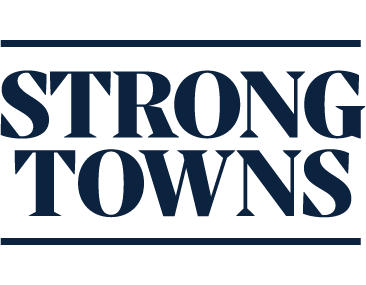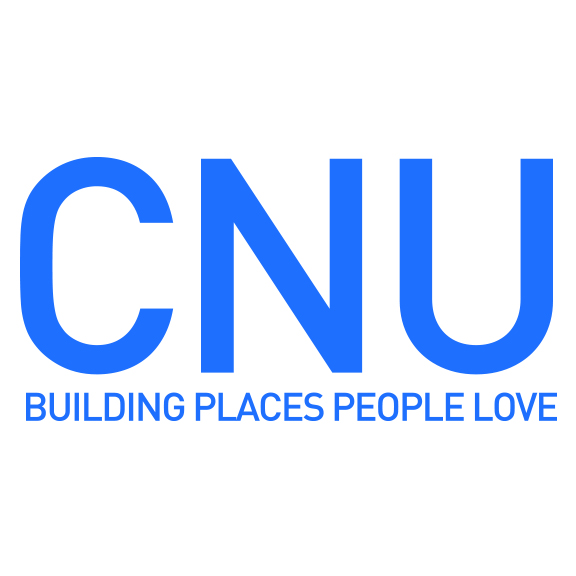Resources and Urbanist Organizations
A Youtube channel dedicated to stories of great urban planning and urban experiences. Creator Jason Slaughter succinectly exposes the everyday frustrations of the North American urban experience and demonstrates how Dutch cities have found and implemented solution them. Many of our members first came to urbanism thanks to Not Just Bikes
Strong Towns seeks to replace America’s post-war pattern of development, the Suburban Experiment, with a pattern of development that is financially strong and resilient. They advocate for cities of all sizes to be safe, livable, and inviting. They work to elevate local government to be the highest level of collaboration for people working together in a place, not merely the lowest level in a hierarchy of governments. For a summary of the importance of Strong Towns, see this playlist from Not Just Bikes
CNU’s mission is to champion walkable urbanism. They provide resources, education, and technical assistance to create socially just, economically robust, environmentally resilient, and people centered places. We leverage New Urbanism’s unique integration of design and social principle to advance three key goals: to diversify neighborhoods, to design for climate change, and to legalize walkable places. Their mission statement is “We build places people love.”
The Parking Reform Network educates the public about the impact of parking policy on climate change, equity, housing, and traffic. In partnership with allied organizations, they accelerate the adoption of critical parking reforms through research, coalition-building, and direct advocacy.
YIMBYs see scarce housing as the result of shortsighted and discriminatory laws, which we know we can change when enough citizens speak up and vote. They advocate for research-backed policies to increase the supply of housing, both market-rate housing and government subsidized housing. Our policies are informed by pragmatism; we focus on solutions that can lower the cost of housing without competing for scarce public dollars, and that get rid of red tape in favor of more effective, streamlined regulations.



